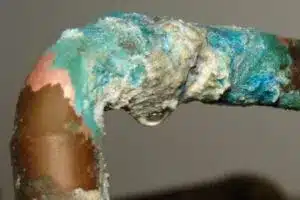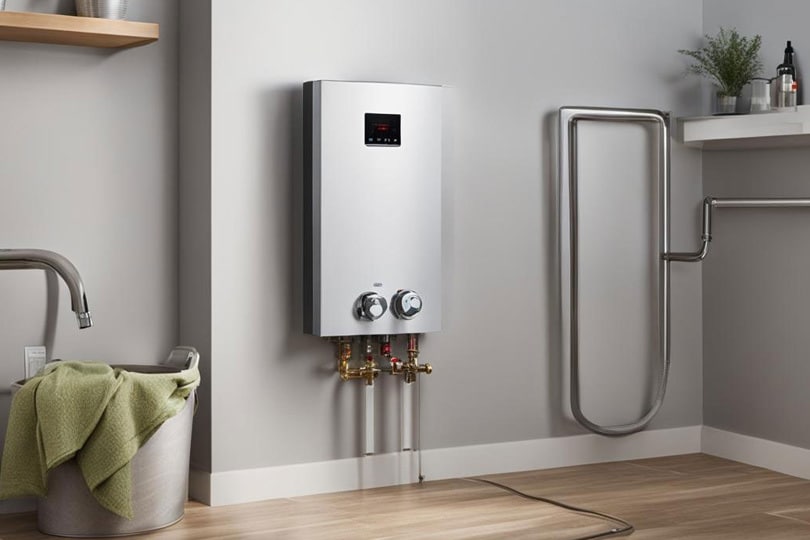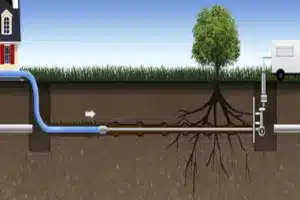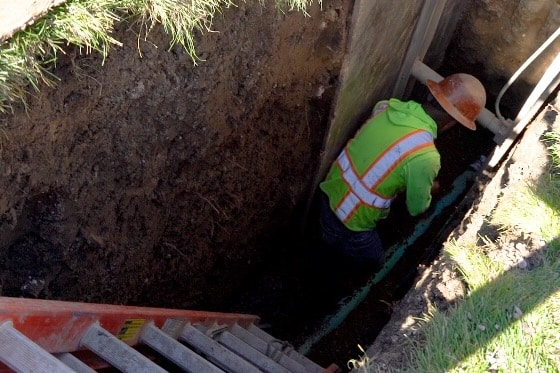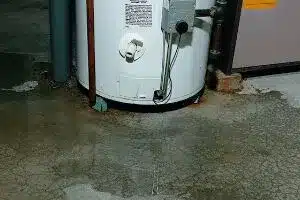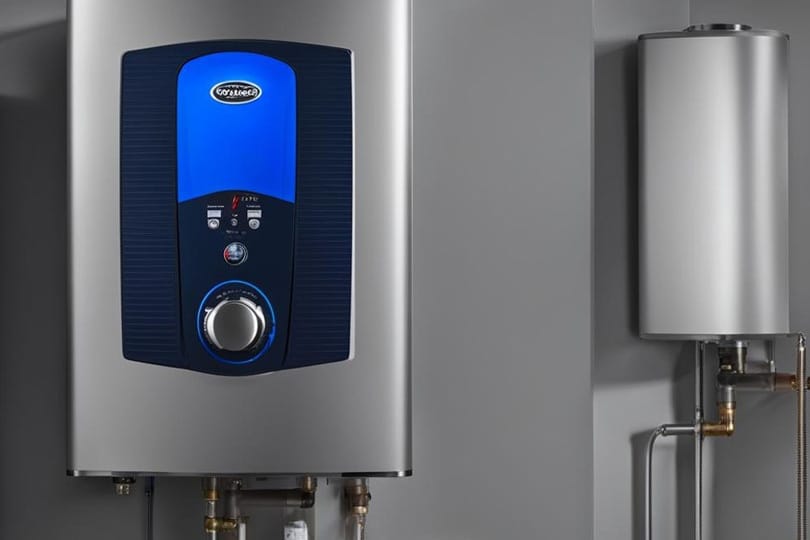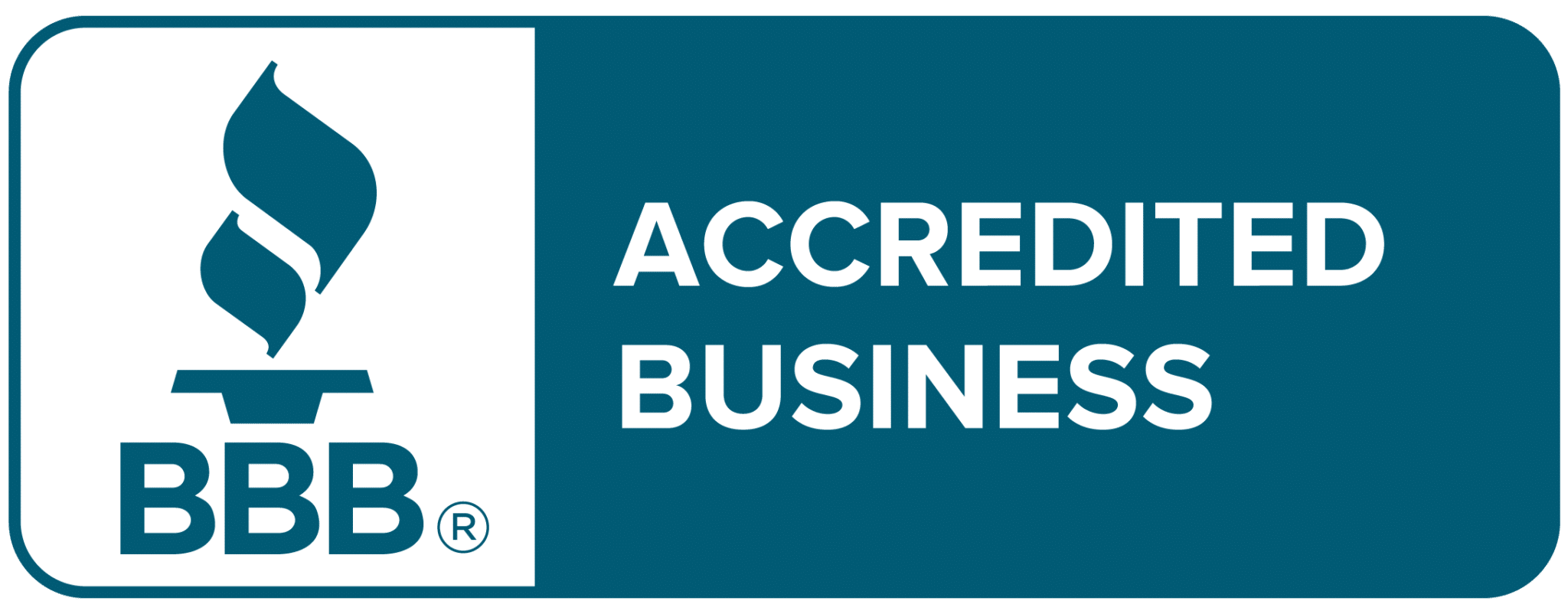Plumbing pipe corrosion is something that can take place over a period of time and cause major problems to you and your family. This type of corrosion causes the pipes to break and leak which can lead to flooding or other damage in your home.
It’s important to be aware of the signs and symptoms of plumbing pipe corrosion so you know when to have it repaired or replaced, preventing further damage and leaks in your home. Here are some of the most common signs of plumbing pipe corrosion you should look out for:
Common Signs of Plumbing Pipe Corrosion
- Faucets or drains begin to leak.
- You smell a strange, musty odor coming from your sink
- Your water bill increases for no apparent reason.
- You notice colored streaks in your bathtub or shower that appear when you draw a bath or turn on water before cleaning it.
- The inside surface of your toilet bowl begins to deteriorate from repeated use.
- You see puddles of stagnant water under your sinks or tub.
- Water leaks into areas where it shouldn’t, such as under cabinets and into walls. This can cause permanent damage if not repaired quickly.
What should I do if I suspect Pipe Corrosion?
If you find any signs of plumbing pipe corrosion, don’t delay: schedule an appointment with Bulldog Rooter immediately! These problems are often hard to diagnose (especially since they mimic other more common plumbing issues), so it is essential that they be addressed by a qualified professional—quickly. The sooner corrosion is identified and repaired, the less damage there will be in future. If left untreated for too long, small pinhole leaks can grow into larger rips in pipes over time; even worse, certain types of internal corrosion can result in structural damage to floors and walls—leaving expensive damages behind.
Some plumbing pipes corrode faster than others
The materials used to build different pipes can determine how quickly they corrode. Pipes made from iron, for example, corrode more quickly than those made from plastic. So if you’re concerned about your water quality, pay close attention to pipes in areas with high humidity. If you notice any of these signs or symptoms, get in touch with a plumber right away: Your household plumbing has serious issues . . .
How to Prevent Home Plumbing Pipe Corrosion
A Guide for Plumbers and Homeowners
- The first step in preventing plumbing pipe corrosion is to take an honest look at your water. Is it chlorinated? Chlorine can damage copper pipes; if you are not sure whether your water is chlorinated, find out. If so, consider installing a filter that removes chlorine.
- Next, determine what type of piping you have: galvanized metal, copper or plastic.
- Galvanized metal is durable but vulnerable to rusting when exposed to acidic or basic water conditions.
- Copper and plastic pipes are somewhat less susceptible but still experience corrosion if handled improperly or exposed to too much moisture for too long a period of time.
- The last step is to determine how much water you use, how old your pipes are, what condition they’re in and what materials they’re made of. If there’s even a small chance that your pipes could rust out, consider installing a continuous water-level indicator with an automatic shutoff valve on all faucets within 15 feet of any section of corroding pipe; it will shut off as soon as it detects excessive leaking.
To help avoid serious damage from severe corrosion, replace galvanized-metal piping every 50 years; other types should be replaced every 40 years or so, depending on usage levels. Finally, once you do have plumbing pipe corrosion, don’t ignore it!
Conclusion on Signs of Plumbing Pipe Corrosion
So what are some signs that your pipes may be corroding? While it is somewhat difficult to see signs of plumbing pipe corrosion, there are a few symptoms to look out for. They include: slow leaks or drips, rust in sinks or tubs, deterioration or discoloration in water, foul smells from drains or toilets and overall poor performance from fixtures. If you notice any of these issues happening around your home then call a plumber immediately.
The longer you wait to address plumbing pipe corrosion, the more serious it will become. In fact, if left untreated long enough it can lead to extensive damage throughout your entire home and possibly even structural damage to its foundation!

